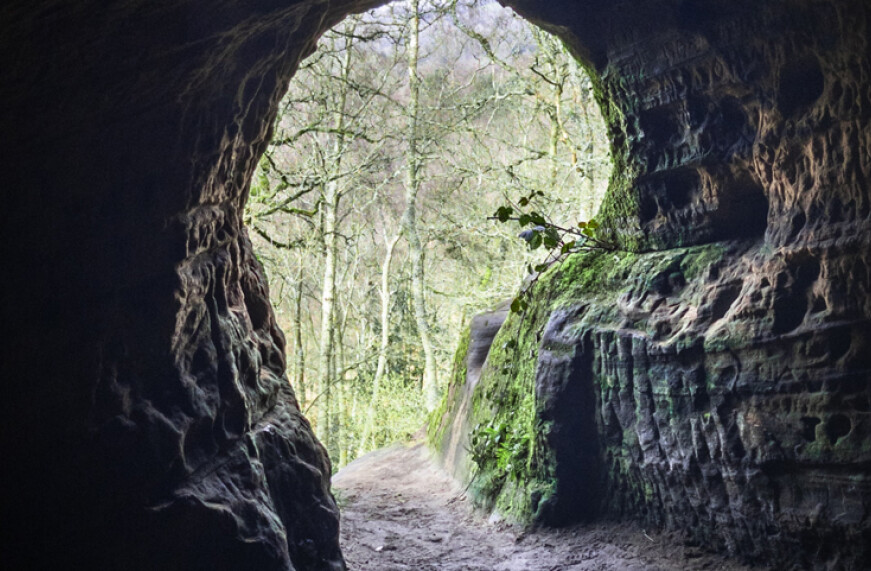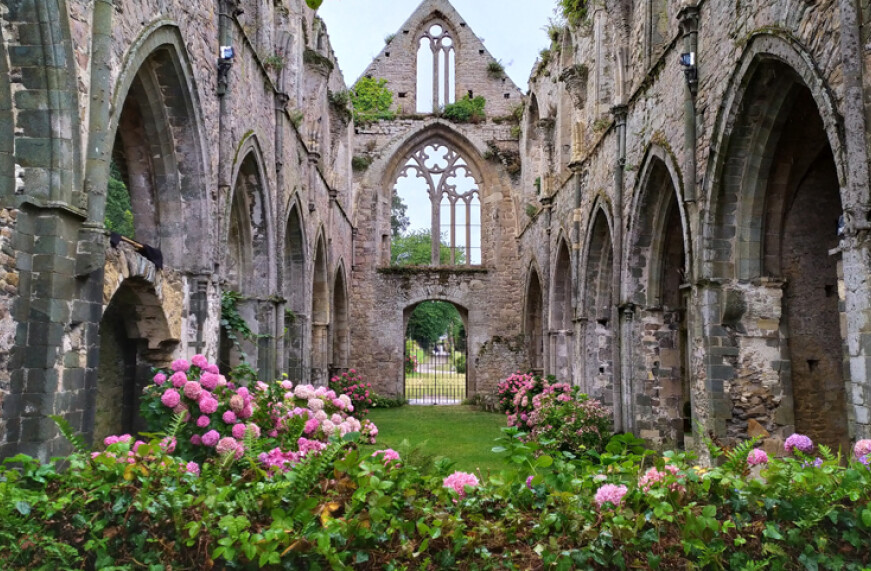Hold It Before the Lord

In the LORD I take refuge;
how can you say to my soul,
“Flee like a bird to your mountain,
for behold, the wicked bend the bow;
they have fitted their arrow to the string
to shoot in the dark at the upright in heart;
if the foundations are destroyed,
what can the righteous do?”
Psalm 11:1–3
It is amazing how fast the news cycles turn and how quickly we move from one story to the next. As I was scrolling through my NY Times news feed Thursday morning I could not find a single article with continuing coverage of the shooting in Nashville (to be fair there were a couple of articles related to guns and additional Covenant school stories did appear later in the day). Earlier in the week, I had commented in the office to Grace that I was thinking about touching on the tragedy in the Friday Letter, but that it might be too late. So much has almost instantaneously been written and now it seems like many are ready to turn the page. Like rubberneckers passing an auto accident, we look, we stare, and we are soon carried on by the traffic of life.
I make these observations knowing that over and over again I have been guilty of the same tendency. So how do we steward a tragedy like this? How do we look and not look away? As David asks in Psalm 11, "if the foundations are destroyed, what can the righteous do?":
- Recoil. Grieve. Lament. Let the sting of this, the horror fill you. Don't look away too quickly. Write out the names of the lost, their families (don't forget the shooter). Take them to the Lord. Cry out to the Lord. He can handle your questions. He can handle your pain. We have Studied and practiced Lament. This is the time for it.
- Remember. Our God does not look away from suffering. We are in the season of Lent. Ahead of us is a cross, a Roman instrument of execution, Jesus did not eschew this cross but rather embraced it, resolutely, with love for his Father's plan and love for his people's wounds. Diane Langberg puts it well:
“The Crucified is the One most traumatized. He has borne the World Trade Center. He has carried the Iraq war, the destruction in Syria, the Rwandan massacres, the AIDS crisis, the poverty of our inner cities, and the abused and trafficked children. He was wounded for the sins of those who perpetrated such horrors. He has carried the griefs and sorrows of the multitudes who have suffered the natural disasters of this world--the earthquakes, cyclones, and tsunamis. And he has borne our selfishness, our complacency, our love of success, and our pride. He has been in the darkness. He has known the loss of all things. He has been abandoned by his Father. He has been to hell. There is no part of any tragedy that he has not known or carried. He has done this so that none of us need face tragedy alone because he has been there before us and will go with us. - Hope. We live in a world that is caught between denial and despair; a world where cynicism and anger cover the more vulnerable emotions of sadness and loss. We live in a world that desperately needs hope. It is only the gospel, with a Savior who has not eschewed pain but embraced it and conquered it, that can truly offer hope to the world. Christian, it is your great privilege to tell a story of healing and renewal. In Jesus' own words, "I have said these things to you, that in me you may have peace. In the world you will have tribulation. But take heart; I have overcome the world.” (John 16:33 )
- Help. Friends, our community, our nation, our world is filled with these stories. This one has struck closer to us than others have, but literally throughout the world, throughout our country, day by day, tragedies such as this happen. (The shooting at The Covenant School in Nashville marks the 123rd mass shooting of 2023, or the 130th, depending on how you measure it.) How will we work for justice, for peace, for the common good? For some it will be the cup of cold water that comes as we practice hospitality, open our homes and our lives to those who are hurting; to those who are on the edge. Others will seek for systemic change through legal processes, new laws, community advocacy, etc... But can we really stand by in such a world with no thought to help?
This Sunday we continue on the road to Jerusalem. In Luke 18:35-43 we see Jesus encounter yet more brokenness in the world. He doesn't look away or rush by, as those accompanying him were pushing for. He stops. He engages. He asks, "What do you want me to do for you?" Thank you Jesus for seeing our pain.
Photo by Annie Spratt on Unsplash


